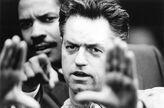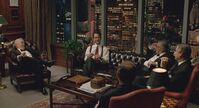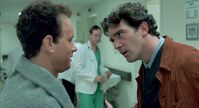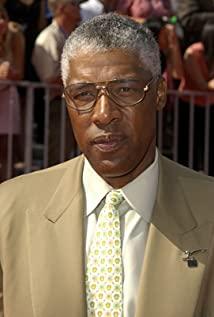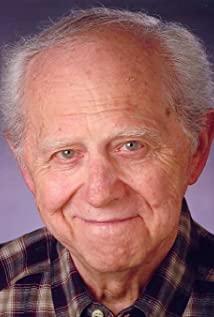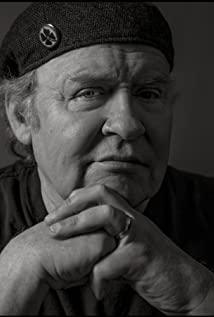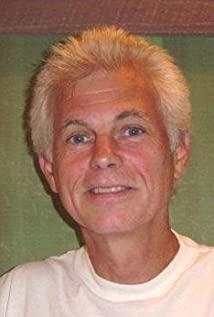Andy was a young, successful lawyer. He is diligent, ambitious and competent. But that's just a part of him. He's a homosexual. Of course, that's not that unacceptable, otherwise he got AIDS. Before Andy found his unfortunate disease, he enjoyed himself with his perfect career in high spirit. He acted aggressive, confident and, a little insignificant. He was smart, motivated, all in all, he was a successful, well- off young man.
As AIDS found him, he acted calm, and still smart. He intended to hide this secret from the world. He went on working hard as virus occupying his body day by day. The scars crawled up his face, neck, till his body. His supervisors suspected his scars, but that's just some suspicion. However, one day, his secret was uncovered by accident. And at that time, his disease became so heavy that he had to put on make-up, in order to hide those more and more obvious scars. They fired him, out of some apparent reasonable excuse. How could they allow an ill-mannered (homosexual) employee with a horrible infection? He was so dangerous that would damage their future.
Andy got fired, which seemed a natural result, to a HIV sufferer. Anyone who encountered such a tragic fame may have to accept it and waited for his ending. While for Andy, an intellectual man proficient in law, and in particular, who had a profound pursuit for and understanding of justice, this time he chose to engage a lawsuit for himself, since he failed to find help from peers.
Clearly, this is a fight against discrimination, an eternal topic in human history. But, in my eyes , this story is just a portrait of evil-human. However, its purpose is, to present the beautiful of life, and man.
It's the impressive comparisons you could notice everywhere in the movie that helped me go to that conclusion.
In this movie, I saw two Andy. One is promising, ambitious, and may be a little skittish (he once visited those cinemas) and, ignorant. He worked hard for his employer, but not for the disadvantaged group that really need help. He worked for his prospects, but not his conscience. He argued for the entrepreneurs, caring less about the suffering of the resident near this polluting factory. However, one day, misfortune fell on him. He got suffered. His conscience waked up, he saw more. His role and status reversed from heaven to hell. He changed from a strong, advantaged, upper class man to a weak, disadvantaged, discriminated patient. Then, His perspective changed.
In my opinion, the first Andy was quite common, and not respectable. When life transformed from the pursuit of personal fame to a fight for survival and dignity, those previously dominant themes: money, reputation, power made its way to more solemn and stirring one: survival and dignity. The second Andy was reborn, turned to a fighter for himself, yes, it's still himself. But this time, the war he devoted all his life is for a group of people, even all the people who was suffered injustice, discrimination and whose dignity were ravaged.
Therefore, I think the story presented two pictures here. One portrayed the evil natures of human, selfish, apathy and short-sighted. The other, however, showed human's valuable character: dignity, conscience, brave and sympathy. When life versus death, prosperity versus adversity, human's potential noble points begin to shine.
View more about Philadelphia reviews




